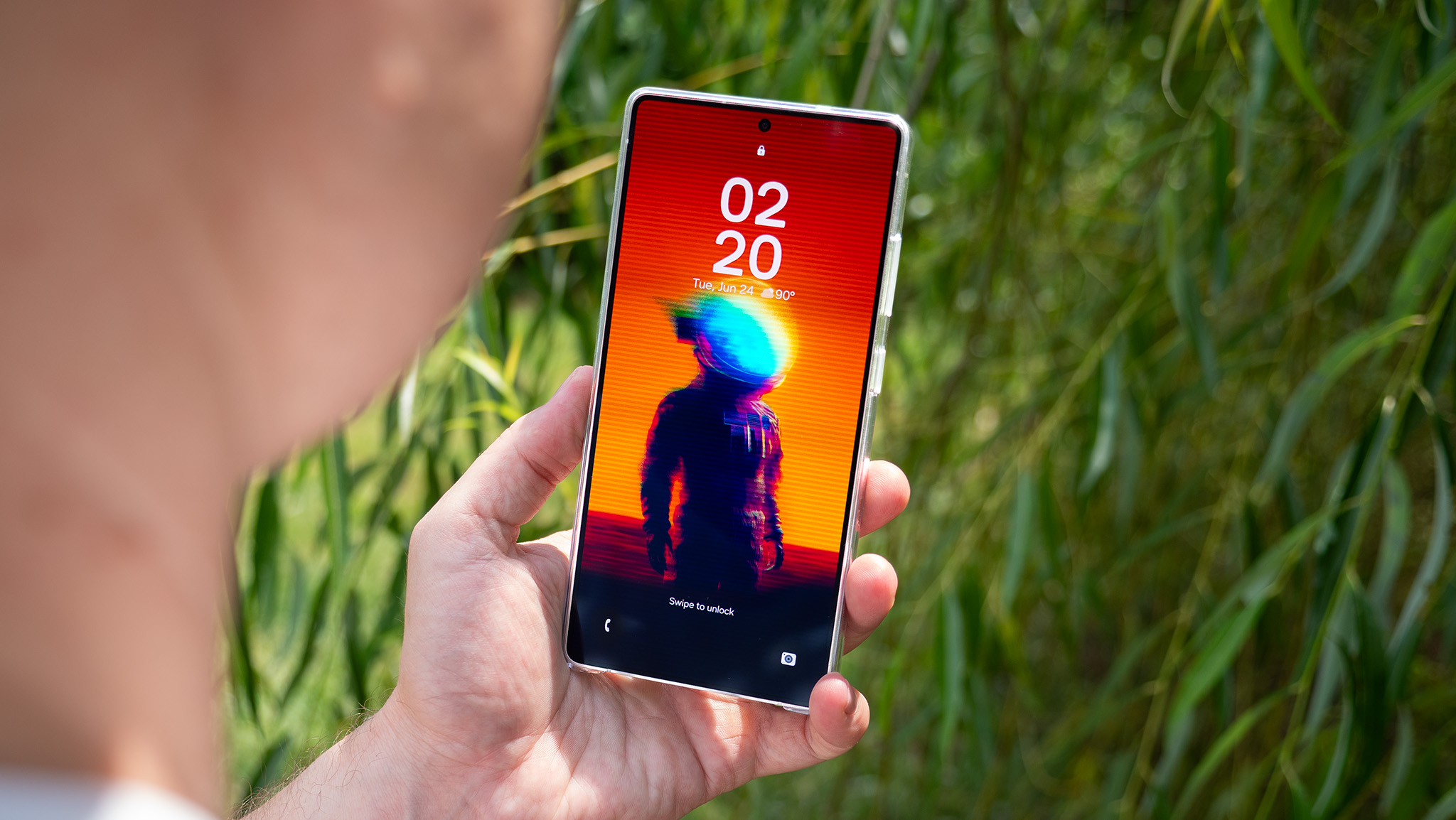Best ASUS phones
Want phones with clean software and excellent hardware? You'll need to go with ASUS.
While ASUS doesn't make many different smartphone models, there are still some great choices on offer. The brand now focuses on two distinct product lines, with the Zenfone series catered to mainstream users looking for a phone with high-end hardware, and then there's the ROG Phone series that offers aggressive designs backed by the latest hardware and a host of extras. Here's what you need to know about the best ASUS phones available right now.
ASUS makes great phones in the Zenfone and ROG Phone series
Why you can trust Android Central
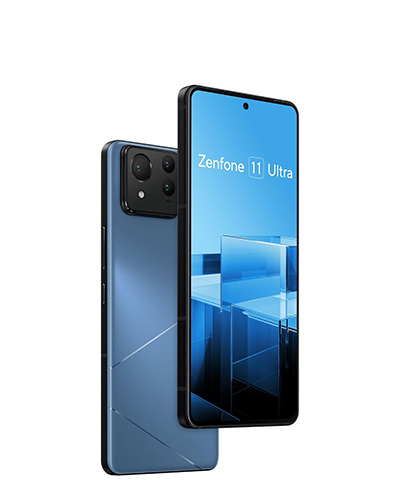
Best of both worlds
The Zenfone 11 Ultra has terrific hardware that easily holds its own against the best phones available today, and you get clean software with zero bloatware and a refined interface. The cameras aren't quite on the same level as the Pixel 8 Pro or Galaxy S24 Ultra, but if you want a larger ASUS phone, the Zenfone 11 Ultra is an easy recommendation.
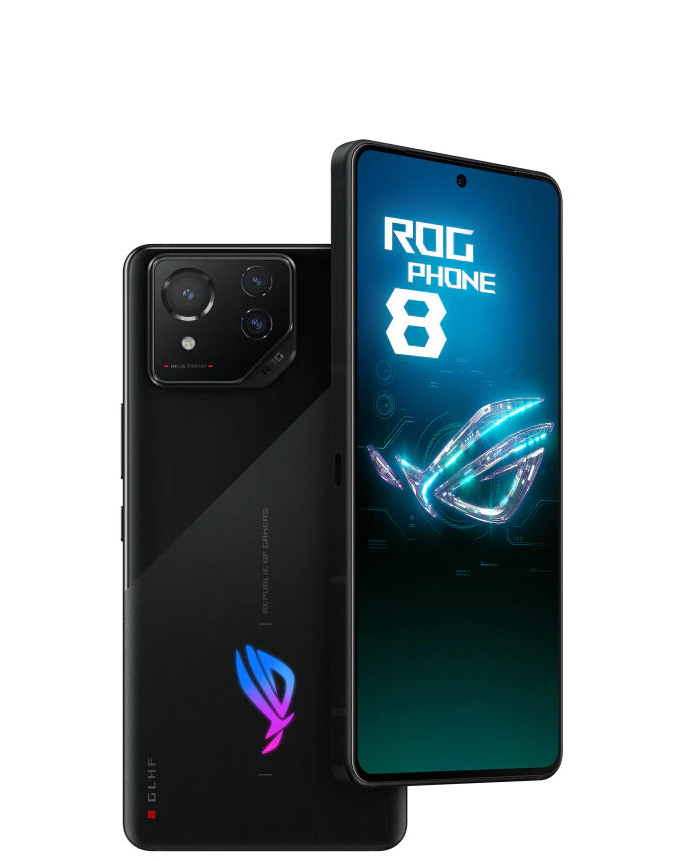
Ultimate gaming phone
The ROG Phone 8 Pro is an incredible gaming phone, but it doesn't have the same aggressive design that sets earlier devices apart. You instead have a much more streamlined design that looks good in its own right, but ASUS didn't omit any of the gaming extras. If you need a phone to play games on Android, the ROG Phone 8 Pro is the best of the lot.
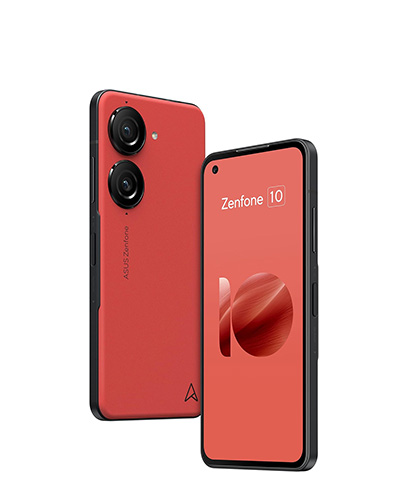
Best small phone
The Zenfone 10 is a subtle upgrade over the Zenfone 9, but you still get the same great in-hand feel. There isn't another phone that gives you the same set of great features in such a small size, and if you need a small phone, the Zenfone 10 is the way to go.

Gaming powerhouse
The ROG Phone 7 Ultimate is still an outstanding gaming phone, featuring a large AMOLED screen that goes up to an insane 165Hz, liquid-cooled hardware that's phenomenal, and a 6000mAh battery. The phone has bold styling, a second screen at the back that can be customized with various effects, ultrasonic triggers on the sides that you can use with in-game actions, and a side-mounted USB-C port.
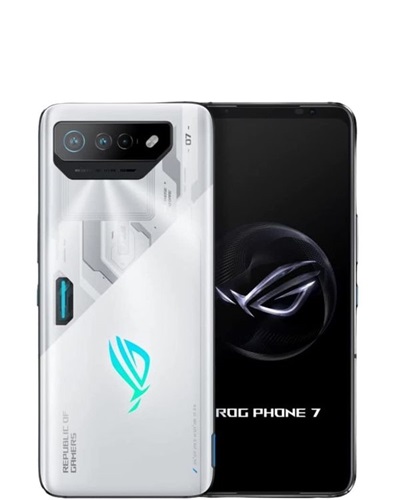
The best gaming value
The ROG Phone 7 retains the best features of the ROG Phone 7 Pro, and the only difference is that the design isn't quite the same, and the second screen at the back doesn't have as much utility. That said, it is much more affordable.

Best of MediaTek
The ROG Phone 6D Ultimate is nearly identical to the ROG Phone 6 Pro, but there are a few key differences. It is powered by MediaTek's Dimensity 9000+, and it has a vent that opens to allow cool air to flow into the chassis. It comes with ASUS's AeroActive Cooler bundled in the box, and while it isn't officially available in North America, you can get it in other global markets.
If you want the best ASUS phone, get the Zenfone 11 Ultra
With ASUS now focusing on two distinct product lines, it doesn't make as many phones as it used to. That said, this condensed strategy is working well for the brand, and the Zenfone 11 Ultra is a great overall product that nails the basics. It isn't a small phone like its predecessors, but it has the right balance between hardware optimization and clean software, and the larger size allows it to stand out.
Of course, if you need a small phone, the Zenfone 10 is still the best small phone you can get today. Right now, there isn't another device that has the same caliber of hardware as the Zenfone 10 in such a small size, and that alone makes it worthy of consideration.
If you want something aimed at gaming, the ROG Phone 8 Pro delivers outstanding hardware backed by a whole suite of gaming-focused features. The phone isn't as aggressive when it comes to styling, and that is a smart move by ASUS as it allows the device to be much more palatable by a mainstream audience. That said, you don't miss out on any of the gaming extras, and it is a real joy to use.
Get the latest news from Android Central, your trusted companion in the world of Android

Harish Jonnalagadda is Android Central's Senior Editor overseeing mobile coverage. In his current role, he leads the site's coverage of Chinese phone brands, networking products, and AV gear. He has been testing phones for over a decade, and has extensive experience in mobile hardware and the global semiconductor industry. Contact him on Twitter at @chunkynerd.
